CRM automation with APIs is revolutionizing how companies manage and enhance their customer relationships. By leveraging the power of automation, businesses can streamline processes, improve response times, and create personalized customer experiences at scale. This guide delves into the benefits of CRM automation, focusing on how integrating APIs can help organizations build stronger, more effective customer connections and optimize their relationship management.
To dive deeper into understanding customer behavior and improving relationships, be sure to check out our blog post titled “7 Powerful Ways API Automation Transforms Customer Service Response Time”. This article explores how API automation can significantly enhance the speed and quality of customer service, providing insights into building more responsive, personalized customer interactions. Whether you’re looking to streamline your service processes or strengthen customer loyalty, this resource offers valuable strategies to take your customer engagement to the next level.
Table of Contents
Unleashing the Potential of CRM Automation: Why It Matters for Modern Businesses
CRM automation with APIs is more than a convenience—it’s a powerful tool that allows companies to deepen customer engagement and satisfaction. Traditionally, CRM systems stored customer information, but automation now enables businesses to take swift actions based on customer behavior, preferences, and needs. This allows companies to not only respond quickly to inquiries but also proactively address customer needs. With CRM automation, businesses can leverage data to build relationships that feel personal and meaningful.
How APIs Drive CRM Automation to New Heights
APIs (Application Programming Interfaces) act as connectors between software systems, allowing your CRM to seamlessly exchange data with other business tools. Whether it’s integrating with marketing platforms, e-commerce sites, or customer support tools, APIs expand the functionality of your CRM. This integration enables a continuous flow of data, automating routine tasks and providing your team with real-time insights. Imagine being able to track a customer’s entire journey, from the first interaction to the latest purchase, all within a single interface—this is the power of APIs in CRM automation.
Streamline Communication with Automated Customer Updates
One of the most significant benefits of CRM automation with APIs is the ability to automate customer communications. By setting up automated messages for order confirmations, shipping updates, or personalized promotions, you ensure customers stay informed without manual effort. For instance, a CRM system integrated with an email marketing platform can send automatic updates based on customer actions, reducing response times and enhancing the customer experience.
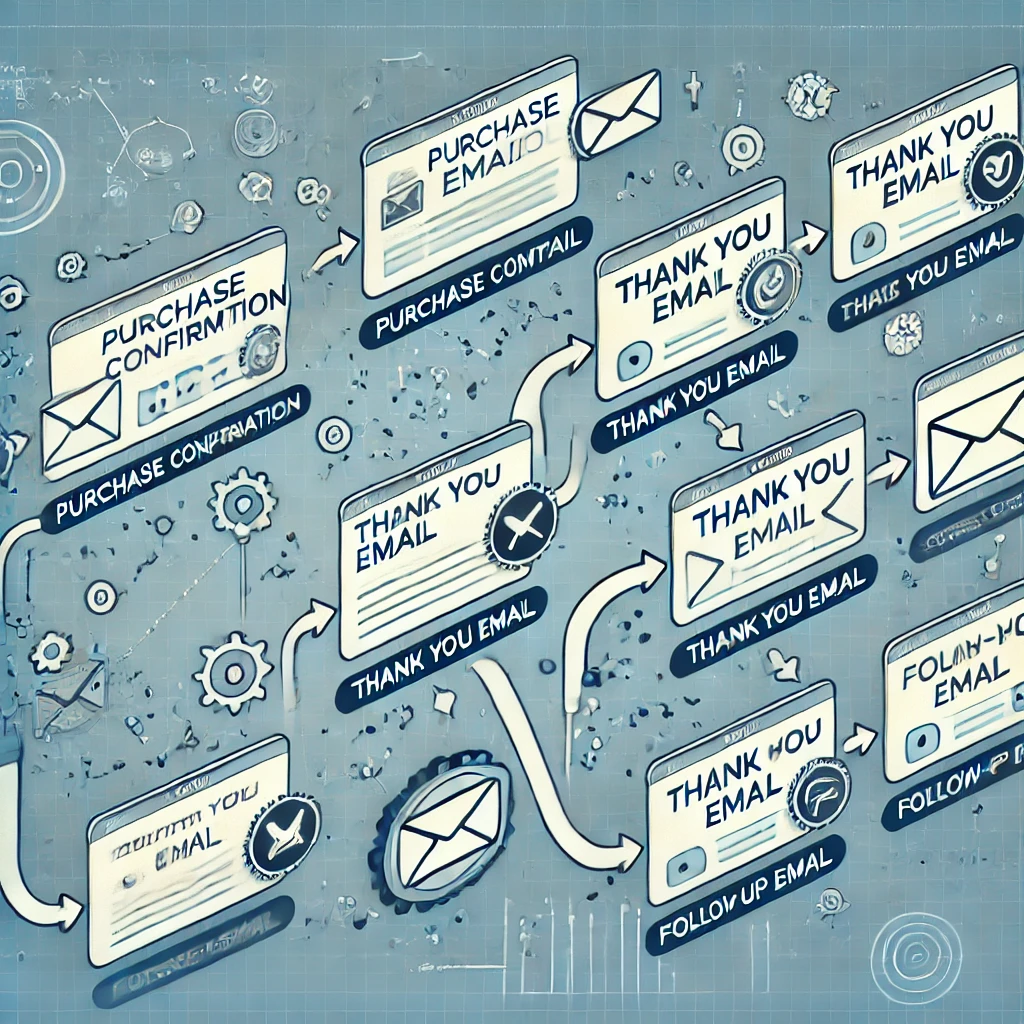
Improve Lead Management with API-Driven CRM Workflows
Effective lead management is essential for growing your customer base. With CRM automation, lead data from various sources—such as social media, email campaigns, and website forms—can automatically flow into your CRM, thanks to APIs. This eliminates the need for manual entry and ensures that your team can respond to new leads quickly. Automated lead scoring, another API-driven feature, ranks leads based on their potential to convert, allowing your sales team to focus on high-priority prospects.
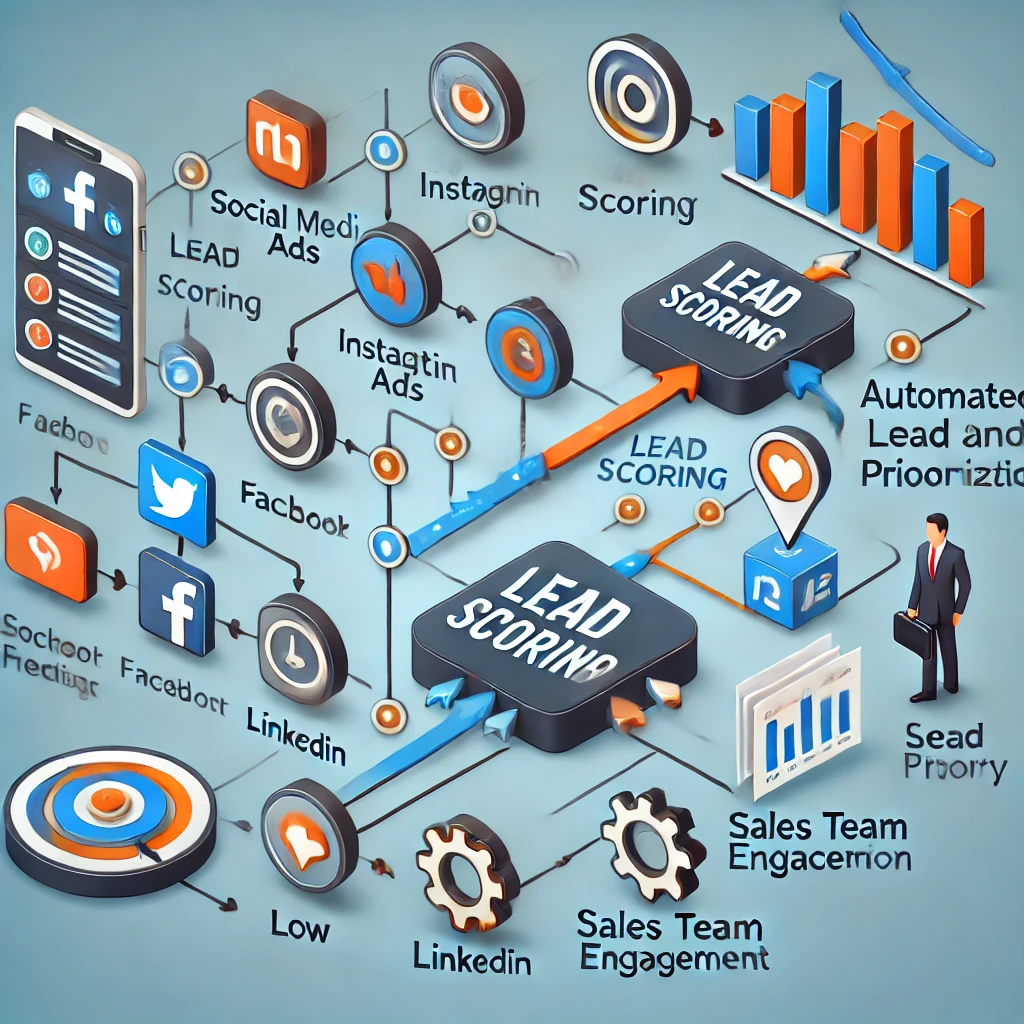
Enhance Customer Support Efficiency with Real-Time Data Access
With APIs, customer support teams have real-time access to customer data across multiple platforms. This means they can quickly view a customer’s purchase history, previous inquiries, and preferences, allowing for faster, more personalized support. CRM automation with APIs can also route inquiries to the right support agent based on the nature of the issue or customer profile, ensuring efficient and effective resolution.
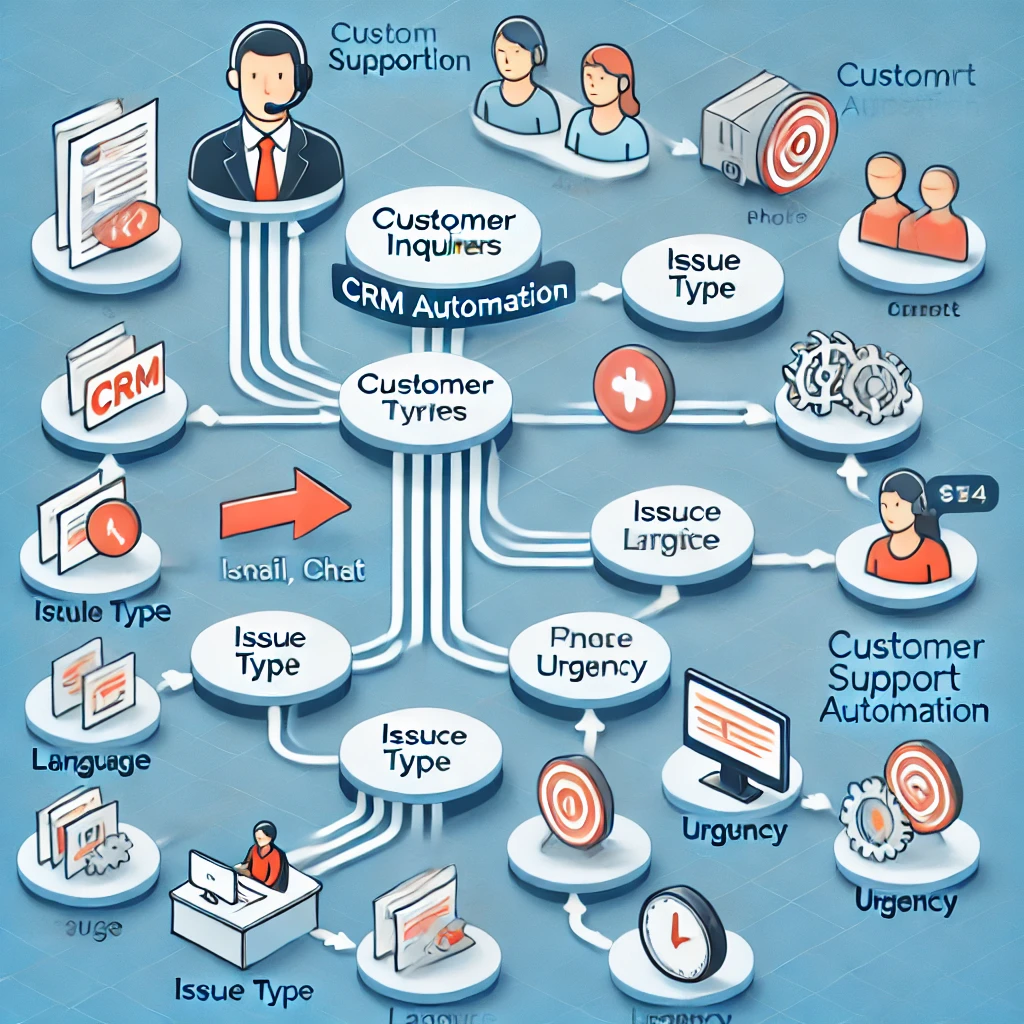
Enable Seamless Sales and Marketing Collaboration
CRM automation with APIs bridges the gap between sales and marketing teams. By sharing customer data across both departments, APIs ensure everyone has access to up-to-date information, creating alignment in messaging and strategy. For instance, when a marketing campaign attracts a new lead, the CRM can automatically notify the sales team and provide relevant customer insights, empowering them to reach out with personalized offers. This collaboration boosts conversion rates and strengthens customer relationships.
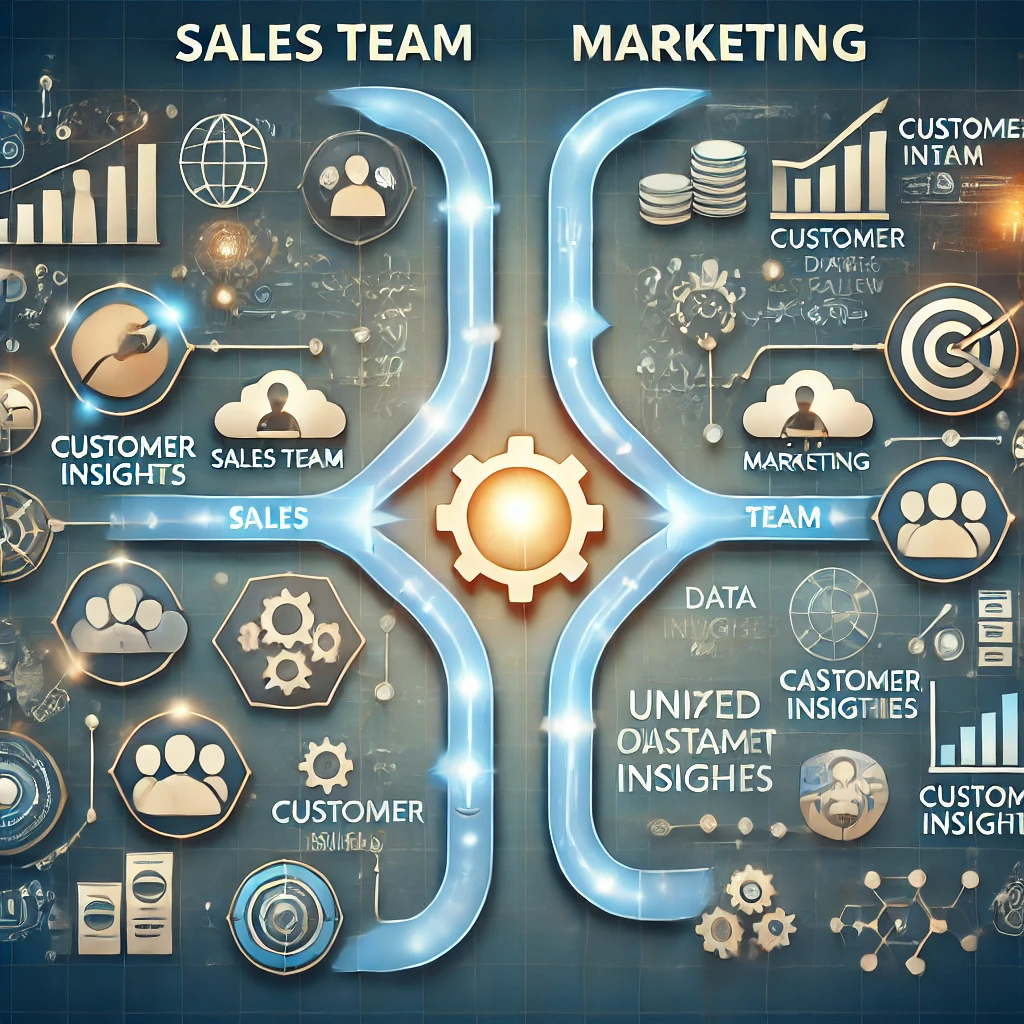
Personalize Customer Journeys with Data-Driven Insights
Personalization is key to building meaningful relationships, and CRM automation allows you to deliver experiences tailored to each customer. With API integrations, CRM systems can pull data from various sources—such as browsing history, past purchases, and social media interactions—to create a comprehensive customer profile. This data enables automated workflows that adjust content, offers, and engagement based on individual preferences, making every customer interaction feel unique.
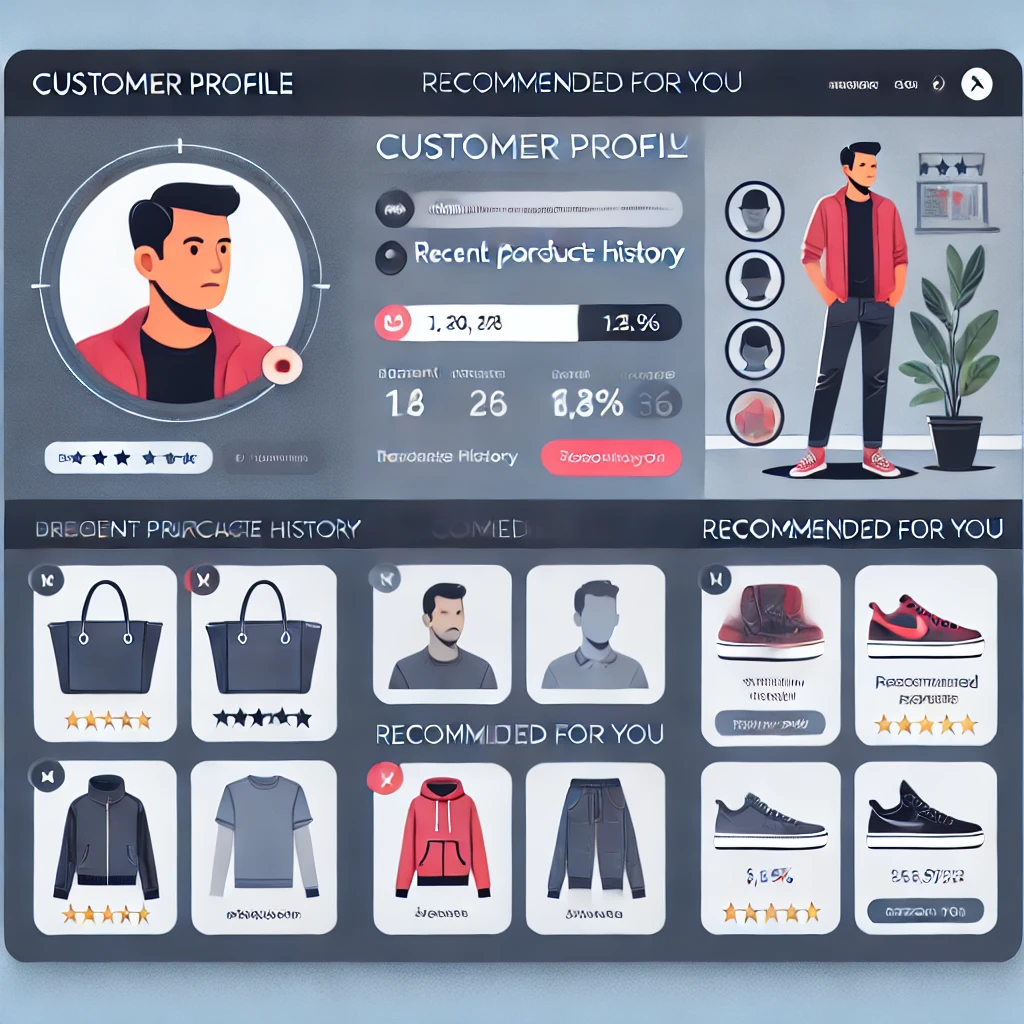
Save Time with Automated Reporting and Analytics
Manual reporting is time-consuming and prone to errors, but with CRM automation and APIs, data from different systems can be compiled automatically. This enables businesses to generate accurate, up-to-date reports on customer engagement, sales metrics, and campaign effectiveness. Automated reporting not only saves time but also provides valuable insights, helping decision-makers optimize strategies and focus on areas that drive growth.
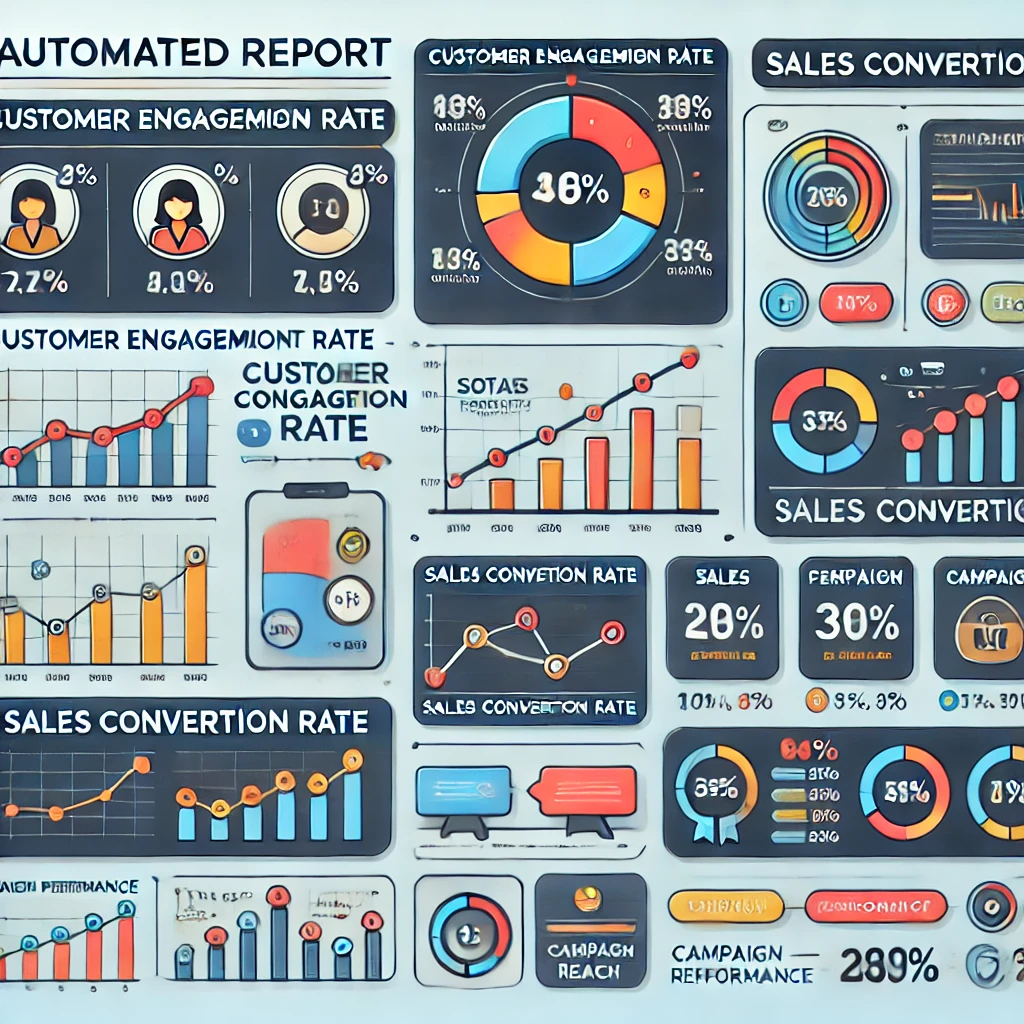
Strengthen Data Security with API-Based CRM Automation
Data security is a priority for businesses, and CRM automation with APIs enhances protection by controlling how data is shared between systems. APIs allow you to set access permissions, ensuring only authorized applications can access sensitive information. Additionally, automated security checks and updates can be programmed, reducing the risk of data breaches and ensuring customer information is safeguarded.

Enhancing Customer Relationships Through CRM Automation with APIs
Integrating CRM automation with APIs is no longer just an option but a necessity for businesses seeking to stay competitive. By streamlining communication, improving lead management, enhancing customer support, and enabling data-driven personalization, CRM automation transforms the way companies interact with customers. With APIs, businesses can create seamless, efficient workflows that not only save time but also enhance customer satisfaction and loyalty. Embracing CRM automation can be a game-changer, helping your organization build stronger, lasting customer relationships.
For more insights into implementing CRM automation with APIs, check out this guide on effective CRM integration.
Conclusion
By implementing CRM automation with APIs, your business is better equipped to meet customer expectations, enhance team efficiency, and drive growth. The ability to connect systems and streamline processes allows companies to stay responsive and agile in a dynamic market. Embrace CRM automation today to see its transformative impact on your customer relationships.
